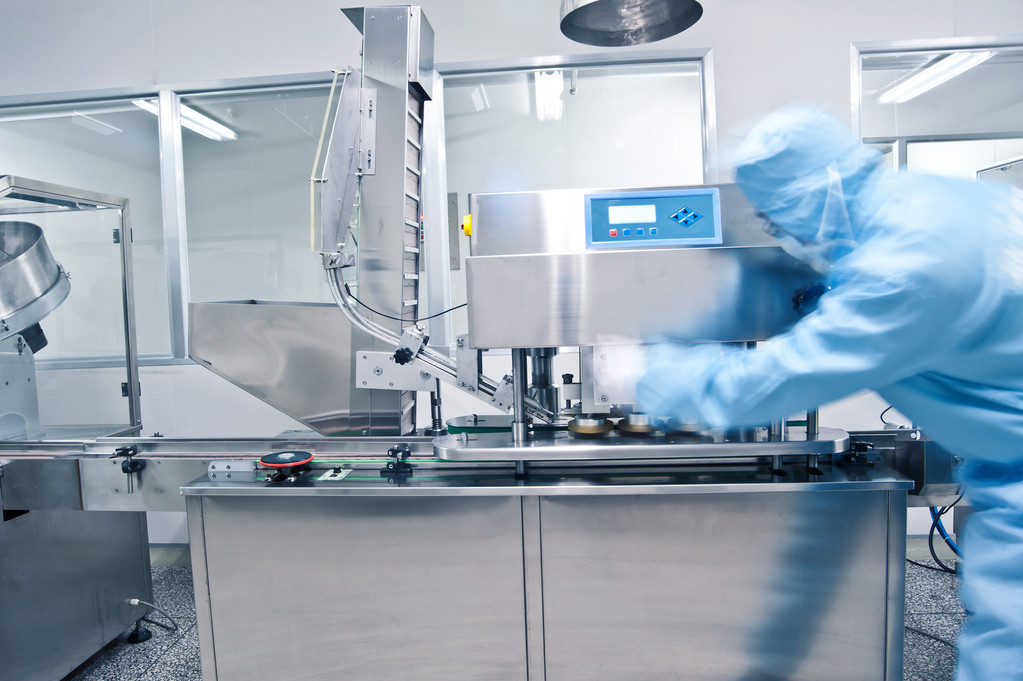
Nisin biotechnological applications
TIME:2024-01-16
Nisin, a natural antimicrobial peptide produced by certain strains of Lactococcus lactis bacteria, has found various biotechnological applications beyond its traditional use as a food preservative.
One of the primary applications of nisin is in the food industry as a preservative.It is effective against a broad spectrum of Gram-positive bacteria, including foodborne pathogens such as Listeria monocytogenes and Staphylococcus aureus.Nisin helps extend the shelf life of dairy products, meats, and other perishable foods.
Nisin is employed in biopreservation, a method that uses natural or controlled microorganisms to extend the shelf life and safety of foods.It inhibits the growth of spoilage and pathogenic bacteria, allowing for the reduction or elimination of chemical preservatives.
Nisin is commonly used in the dairy industry to prevent the growth of undesirable bacteria in cheese and other dairy products.Its application helps maintain the quality and safety of these products during storage and distribution.
Nisin can be used in the beverage industry to prevent the growth of spoilage microorganisms in juices and other liquid products. Its heat stability makes it suitable for applications that involve pasteurization.
Nisin has been investigated for its potential antimicrobial properties in pharmaceutical applications.It may be used in the development of antimicrobial coatings for medical devices or as a component in wound dressings to prevent bacterial infections.
Nisin has been explored as an additive in animal feed to inhibit the growth of harmful bacteria in the gastrointestinal tract of animals.This application can contribute to the health and well-being of livestock.
Nisin has shown promise as a biocontrol agent in agriculture to protect plants from bacterial infections.It may be applied to crops or used in formulations to prevent the growth of plant pathogens.
Nisin has been studied for its potential use in health and personal care products, such as toothpaste and mouthwashes, due to its antimicrobial properties against oral bacteria.
Research is ongoing to explore the potential use of nisin in medical applications, including its effectiveness against antibiotic-resistant bacteria.Nisin's ability to disrupt bacterial cell membranes makes it an interesting candidate for various medical interventions.
While nisin has found success in these applications, ongoing research continues to uncover new possibilities and optimize its use in different biotechnological fields.

 CONTACT
CONTACT




